Introduction
Gynecological health is a cornerstone of women’s overall well-being, playing a crucial role in physical, emotional, and reproductive health. Yet, many women hesitate to discuss their gynecological concerns, often due to embarrassment, fear, or a lack of knowledge. This hesitation can prevent them from seeking timely care, leading to the progression of manageable conditions into more serious health issues (gynecological issues).
This guide aims to empower women by shedding light on common gynecological issues. Whether it’s understanding menstrual irregularities, managing the discomfort of menopause, or addressing concerns related to sexual and urinary health, this guide provides practical information to help women take control of their health.
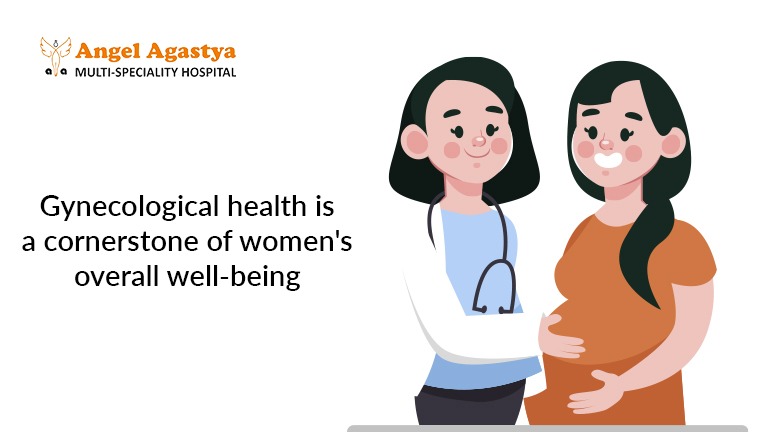
5 Common Gynecological Issues: Women’s Health Guide Palam
Living in Palam, women have access to a range of healthcare providers specializing in gynecology. However, the key to effective care of their gynecological issues is understanding when to seek help, what questions to ask, and how to choose the right gynecologist.
By becoming informed about these common gynecological issues and the resources available in Palam, women can make proactive decisions that contribute to long-term health and well-being. Let this guide be your starting point in navigating the often complex, yet vital, aspects of women’s health.
Common Gynecological Issues:
Menstrual Irregularities:
Menstrual irregularities are among the most common reasons women seek gynecological care. These can manifest as irregular periods, heavy menstrual bleeding, or painful periods (dysmenorrhea).
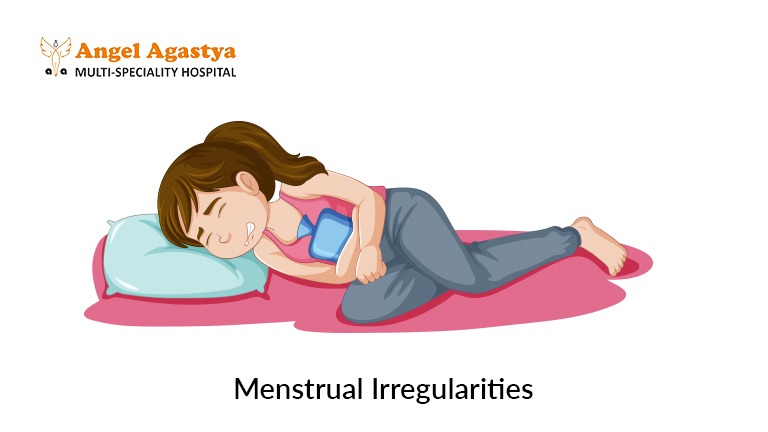
- Irregular Periods: Menstrual cycles that vary significantly in length or skip months can be alarming. Causes range from hormonal imbalances, such as those seen in polycystic ovary syndrome (PCOS), to thyroid disorders or stress. It’s essential to track your cycle and consult a gynecologist if you notice significant changes in your gynecological issues.
- Heavy Bleeding: Also known as menorrhagia, heavy menstrual bleeding can lead to anemia and severe fatigue. Conditions like uterine fibroids, polyps, or bleeding disorders could be the underlying causes. Treatment options include medication, hormone therapy, or surgical interventions.
- Painful Periods: Dysmenorrhea, or painful menstruation, can disrupt daily life. While some discomfort is normal, severe pain could indicate conditions like endometriosis or adenomyosis, which require medical attention.
Pelvic Pain:
Pelvic pain, whether chronic or acute, is a significant concern that can affect quality of life.
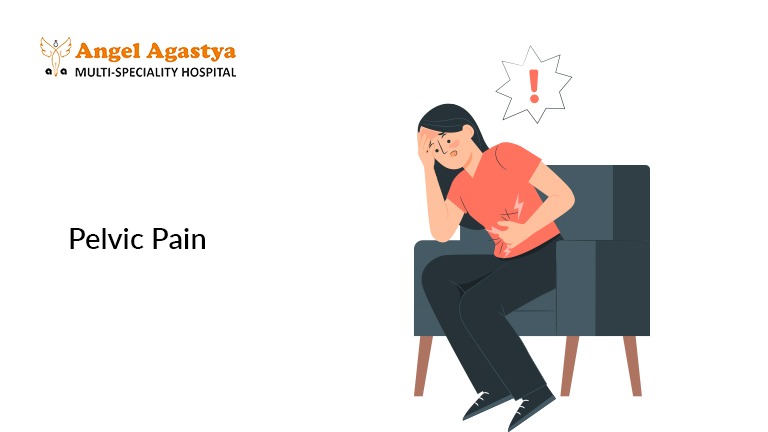
- Chronic Pelvic Pain: This condition is often defined as pain that lasts for six months or longer and can be a symptom of conditions like endometriosis, where tissue similar to the uterine lining grows outside the uterus. Adenomyosis, where the uterine lining invades the muscular wall of the uterus, and pelvic inflammatory disease (PID), often caused by sexually transmitted infections, are also common culprits of gynecological issues.
- Acute Pelvic Pain: Sudden, sharp pain may result from conditions like ovarian cysts, ectopic pregnancy, or acute infections. Prompt medical consultation is crucial for accurate diagnosis and effective treatment.
Urinary and Sexual Health:
Concerns related to urinary and sexual health are often intertwined and can significantly impact a woman’s quality of life.
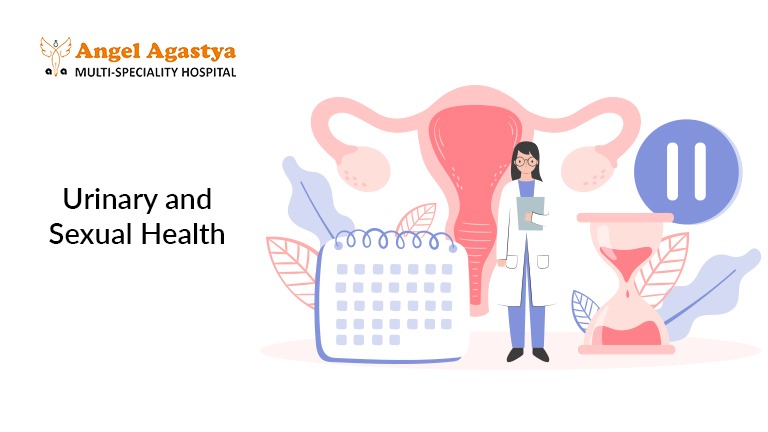
- Urinary Incontinence: This condition, characterized by involuntary urine leakage, can be caused by weakened pelvic muscles, often due to childbirth, menopause, or aging. Treatment options include pelvic floor exercises, medication, or surgery for gynecological issues.
- Sexual Dysfunction: A healthy sex life contributes significantly to overall quality of life. Gynecological Issues like pain during intercourse, low libido, or difficulty achieving orgasm can stem from physical or psychological factors. Conditions such as vaginal dryness, often linked to menopause, or vaginismus, where vaginal muscles involuntarily contract, are treatable with medical or therapeutic interventions.
- Vaginal Infections: Infections like yeast infections or bacterial vaginosis are common and typically easy to treat with the appropriate medication. However, recurrent infections may indicate an underlying gynecological issues that needs to be addressed by a gynecologist.
Breast Health:
Breast health is a critical component of gynecological care, especially in the early detection of breast cancer.
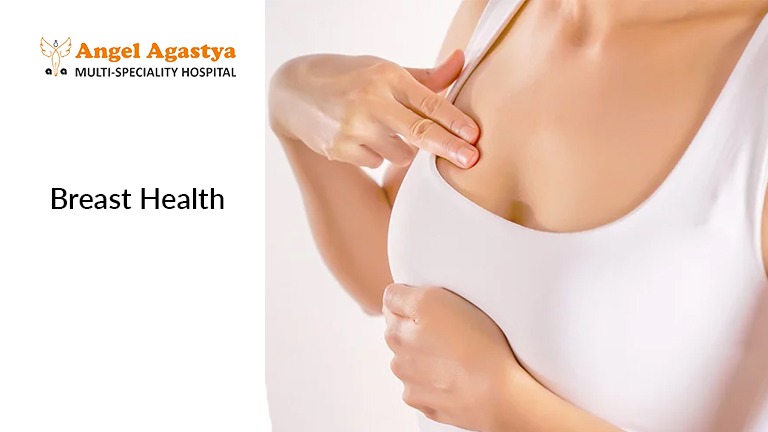
- Breast Exams: Regular self-exams and clinical breast exams by a healthcare provider can help detect lumps or changes in breast tissue early.
- Mammograms: Mammograms are X-ray screenings of the breast that can detect cancerous changes before symptoms develop. It’s recommended for women over 40 or younger women with a family history of breast cancer to undergo regular mammograms.
Menopause and Perimenopause:
The transition to menopause, known as perimenopause, and menopause itself can be challenging due to hormonal fluctuations.
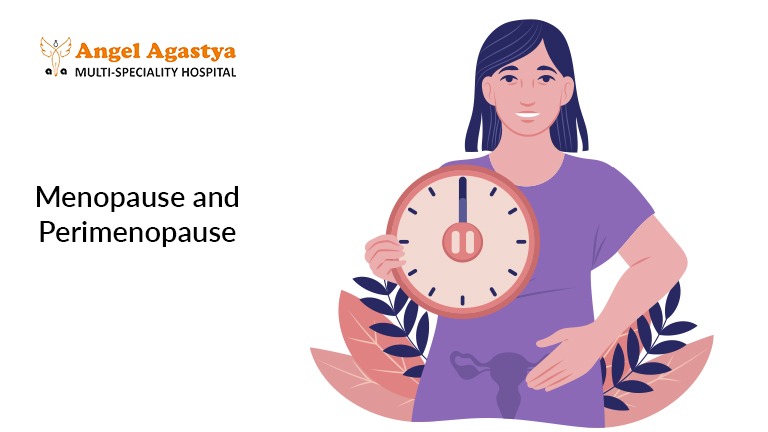
- Symptoms: Hot flashes, night sweats, mood swings, and vaginal dryness are common symptoms that can significantly affect daily life. These symptoms result from decreasing estrogen levels as the ovaries gradually produce less of this hormone.
- Management Strategies: Hormone replacement therapy (HRT), lifestyle changes, and non-hormonal treatments can help manage symptoms. To make an informed decision regarding gynecological issues, it’s essential to discuss the risks and benefits of HRT with your gynecologist.
Finding the Right Gynecologist in Palam:
Choosing the right gynecologist is a crucial step in maintaining your reproductive health.
Here’s how you can find the best gynecologist in Palam:
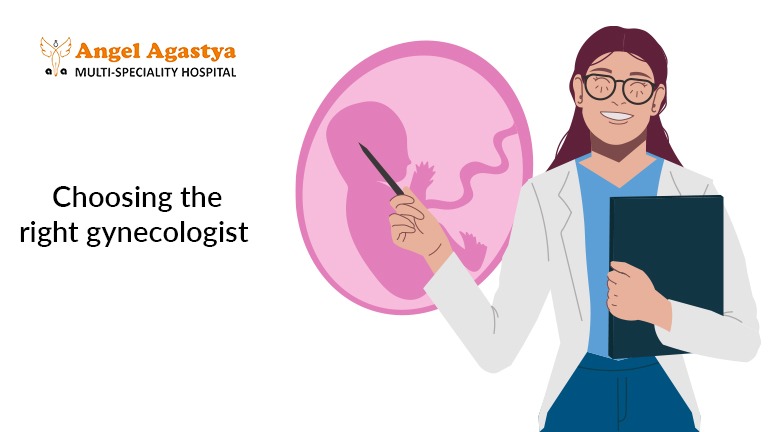
- Importance of a Qualified Gynecologist: Ensure that your gynecologist is board-certified and has extensive experience in dealing with the specific gynecological issues you’re concerned about. Specializations in areas such as reproductive endocrinology, pelvic pain, or menopause can be particularly beneficial depending on your needs.
- Factors to Consider: Consider the gynecologist’s communication style—are they someone you feel comfortable discussing intimate health issues (gynecological issues) with? Look at patient reviews online, ask for recommendations from friends or family, and ensure that the doctor’s approach aligns with your health values.
- Finding a Gynecologist in Palam: Online directories, local hospital websites, and community recommendations can be excellent resources. Palam is home to several highly qualified gynecologists, and it’s worth taking the time to find one that best suits your needs.
Conclusion:
Understanding common gynecological issues is essential for every woman to maintain her health and well-being. By staying informed and seeking regular check-ups with a qualified gynecologist in Palam, you can take proactive steps to address any concerns and lead a healthy, fulfilling life. Remember, your health is your responsibility, and open communication with your gynecologist is key to managing it effectively.
FAQs:
When should I first see a gynecologist?
Early gynecological check-ups are recommended for girls aged 13 to 15. This visit usually involves a discussion about menstrual health, body changes, and an introduction to what future visits will entail.
What are the signs of a yeast infection?
Typical symptoms of a yeast infection include itching, burning, and a thick, white discharge. Yeast infections are usually treatable with over-the-counter or prescription antifungal medications.
How can I manage hot flashes during menopause?
Lifestyle changes, such as dressing in layers, avoiding triggers like spicy foods, and practicing relaxation techniques, can help. Hormone therapy is another option, but it should be discussed with your gynecologist.
What causes pelvic pain?
Pelvic pain can be caused by various conditions, including endometriosis, PID, ovarian cysts, or even gastrointestinal issues. Accurate diagnosis requires a comprehensive medical assessment.
What are the benefits of regular Pap smears?
Pap smears help detect abnormal cervical cells that could lead to cervical cancer. Early detection through regular screenings allows for prompt treatment, which can prevent the development of cancer.
What is the difference between PMS and PMDD?
Premenstrual Syndrome (PMS) involves physical and emotional symptoms like bloating, mood swings, and fatigue that occur before menstruation. Premenstrual Dysphoric Disorder (PMDD) is a more severe form of PMS with intense symptoms such as severe mood swings, depression, and anxiety that can significantly affect daily life. Treatment options include lifestyle changes, medication, and therapy.
How can I prevent urinary tract infections (UTIs)?
To reduce the risk of UTIs, stay hydrated, urinate before and after sexual intercourse, wipe from front to back after using the toilet, and avoid irritating feminine products like douches. If UTIs are frequent, consult your gynecologist for further evaluation and management options.
What should I expect during my first gynecological exam?
Your first gynecological exam typically includes a discussion about your medical history, menstrual cycle, and any concerns you have. Depending on your age and symptoms, the exam may include a pelvic exam, breast exam, and possibly a Pap smear. It’s important to feel comfortable asking questions during this visit.
What is HPV, and how can it affect my health?
Human Papillomavirus (HPV) is a common sexually transmitted infection that can lead to genital warts and is a significant cause of cervical cancer. Vaccination against HPV can prevent the most dangerous strains, and regular Pap smears can detect any early changes in cervical cells.
How can I manage painful intercourse?
Painful intercourse, also known as dyspareunia, can result from various factors, including vaginal dryness, infections, or underlying conditions like endometriosis. Treatment depends on the cause and may include lubricants, pelvic floor physical therapy, or medical intervention.
It’s essential to discuss this with your gynecologist to find the best solution.

